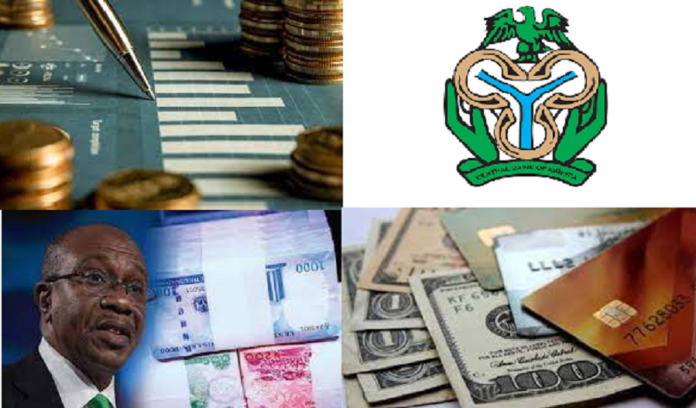Nigeria’s external reserves have decreased by $427.14m in one month due to the currency swap policy by the Central Bank of Nigeria (CBN), resulting in a worsened naira crunch. The Governor of the CBN, Godwin Emefiele, announced the policy last year to redesign the naira notes, one of its objectives being to mop up currency outside the bank vaults. However, the policy brought untold hardship to Nigerians, stirring up city protests.
President Muhammadu Buhari has directed that the old N200 note remains legal tender until April 10, 2023. The N1000 and N500 notes have ceased to be valid for transactions in the country, as earlier announced by the CBN. The Deposit Money Banks have also started collecting old N500 and N1,000 notes, not giving the depositors new naira notes in return.
The currency scarcity has continued to trigger tension in the country among aggrieved citizens. The CBN’s foreign reserve figures show that the reserves fell from $37.21bn as of January 18 to $36.79bn as of the end of February 16, 2023.
The Nigeria Employers’ Consultative Association revealed that the real sector witnessed a 40% drop in productive activities. As the cash crush continues, thousands of productive hours are lost daily in queues by employees, and many cannot even get to work.
In 2022, the CBN Governor, Emefiele, launched the ‘RT200 FX Programme’ to boost forex supply in the country through the non-oil sector in the next three to five years, aimed at attaining the goal of $200bn in FX repatriation, exclusively from non-oil exports.



